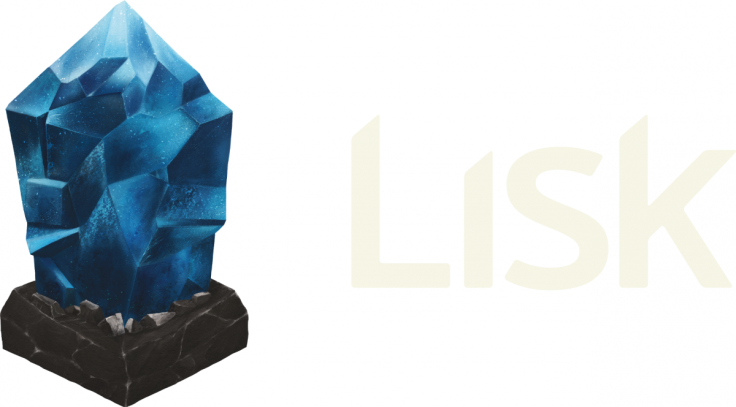Lisk's Max Kordek touts sidechain flexibility for 2017
Lisk uses delegated proof of stake and introduces a new sidechain for every app built on the platform.

Lisk is a public cryptocurrency platform written in JavaScript which will allow millions of developers to build blockchain applications on their very own sidechains. As the Lisk main chain matures, the first round of apps being built are expected to have a consumer focus, including things like social networks, games, messengers and prediction markets.
Max Kordek, CEO of Lisk, sees the big picture. In an interview with IBTimes UK, he said: "A blockchain can also become an identity layer, where you could store your name, address, credit card information, and whenever you go somewhere to a website where this identity is accepted, you could specify which data they can access and give it to them. So you don't have accounts at Facebook, Twitter, Gmail or whatever – you have one identity.
"You could also build decentralised hosting or decentralised storage; you can build reputation systems, oracle systems, you can even implement the Ethereum Virtual Machine into a sidechain by porting it over to JavaScript and then offer smart contract execution as a service.
"You can make it possible to send anonymous transactions by sending a transaction inside the sidechain and use methods from Monero or Zcash to make it confidential."
Sidechains and confidential transactions – this sounds like the intellectual territory of Blockstream.
"Blockstream raised millions and are currently working on sidechains, but they are doing that in private," said Kordek. "You don't know what is going on there, it may be confidential in order to licence it.
"Our plan is to have an open platform; we want the world to use it and take advantage of this platform. We are huge fans of decentralisation and we want to make this technology as easily accessible as possible."
Lisk uses a delegated proof of stake consensus model. The platform's token, LSK, carries one vote a piece. Everyone is able to cast votes and the 101 users with the most collected votes are called delegates, they secure the network. In the future, new nodes and new delegates are needed for every sidechain, said Kordek.
"Because each sidechain is one independent blockchain, it has nothing to do with the main chain of Lisk – or else all the scaling advantages would fall away. But it's not a lot of work necessary to secure one sidechain; delegates can secure more than one sidechain easily.
"You have multiple blockchains running and you have a peg, in the sense that you can send a replication of the main chain Lisk token to a sidechain," he continued.
"The Lisk token gets replicated on the sidechain, and gets sent to the sidechain owner on the main chain – this can be one individual but it can also be a multi-signature group – and there it's locked.
"The user can use it on the sidechain as much as he wants; he can send it to another user on the sidechain, he can spend it on a feature, e.g. to send a message. Or he can withdraw it from the sidechain and send it back. Then on the main chain, the Lisk tokens get sent back to his account and on the sidechain they disappear."

RSK, formerly known as Rootstock, runs Ethereum as a sidechain. Kordek said the difference is that Rootstock has one sidechain, in which the EVM is running, which allows users to execute smart contracts with Rootstock tokens.
Lisk, by contrast, introduces a new sidechain for every app. This gives app developers the complete freedom to make changes. They can change the consensus algorithm and experiment with new consensus algorithms; they can change the block time; they can implement privacy features, and so on, said Kordek.
"It's very hard to do that today with other blockchain solutions, but with Lisk it would be quite simple because the consensus will be exchangeable with one function - you just change the function," he said.
"By default it is delegated proof of stake. This way we can have a delegate marketplace on which delegates offer their services. So the sidechains can rent these delegates in order to secure them, so it will become like a big decentralised node marketplace."
Kordek predicts 2017 will be a big year for blockchains. "Ethereum and Lisk will have progressed and people will have the tools they need to really experiment with blockchain technology. Until now this was extremely hard. If a company wanted to do something with blockchain, they'd have to spend like $1m+ to do it from scratch.
"I would say in 2017 this will be made easier. You could have one employee developing an application for just one month using frameworks like Lisk or platforms like Ethereum. And at the end of the month, you could have a blockchain application up and running and fully working."
© Copyright IBTimes 2025. All rights reserved.






















